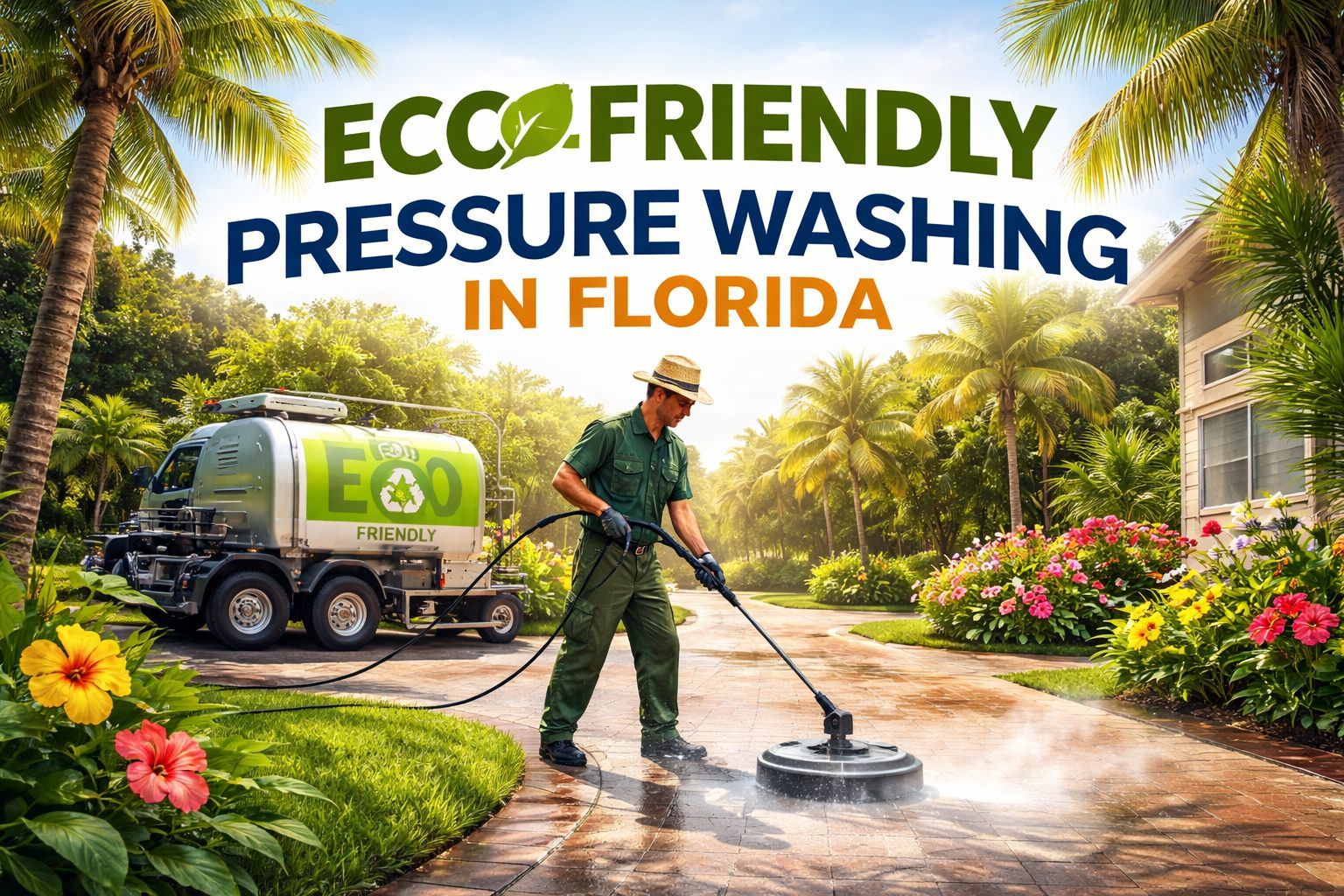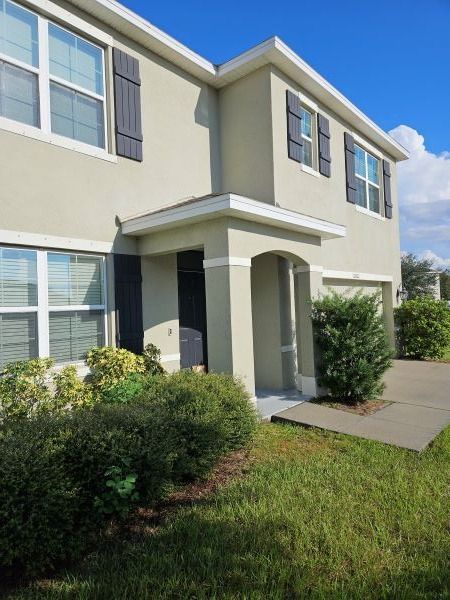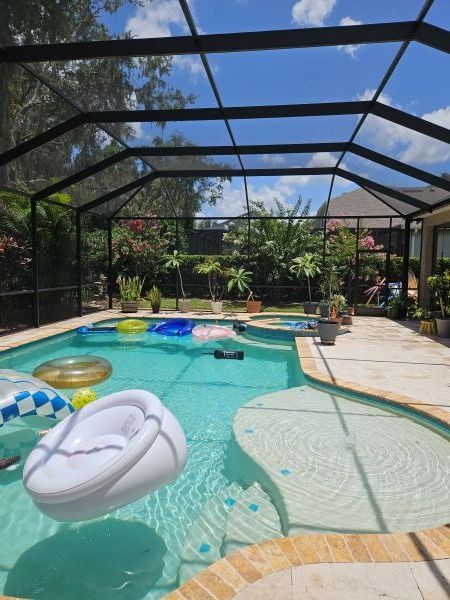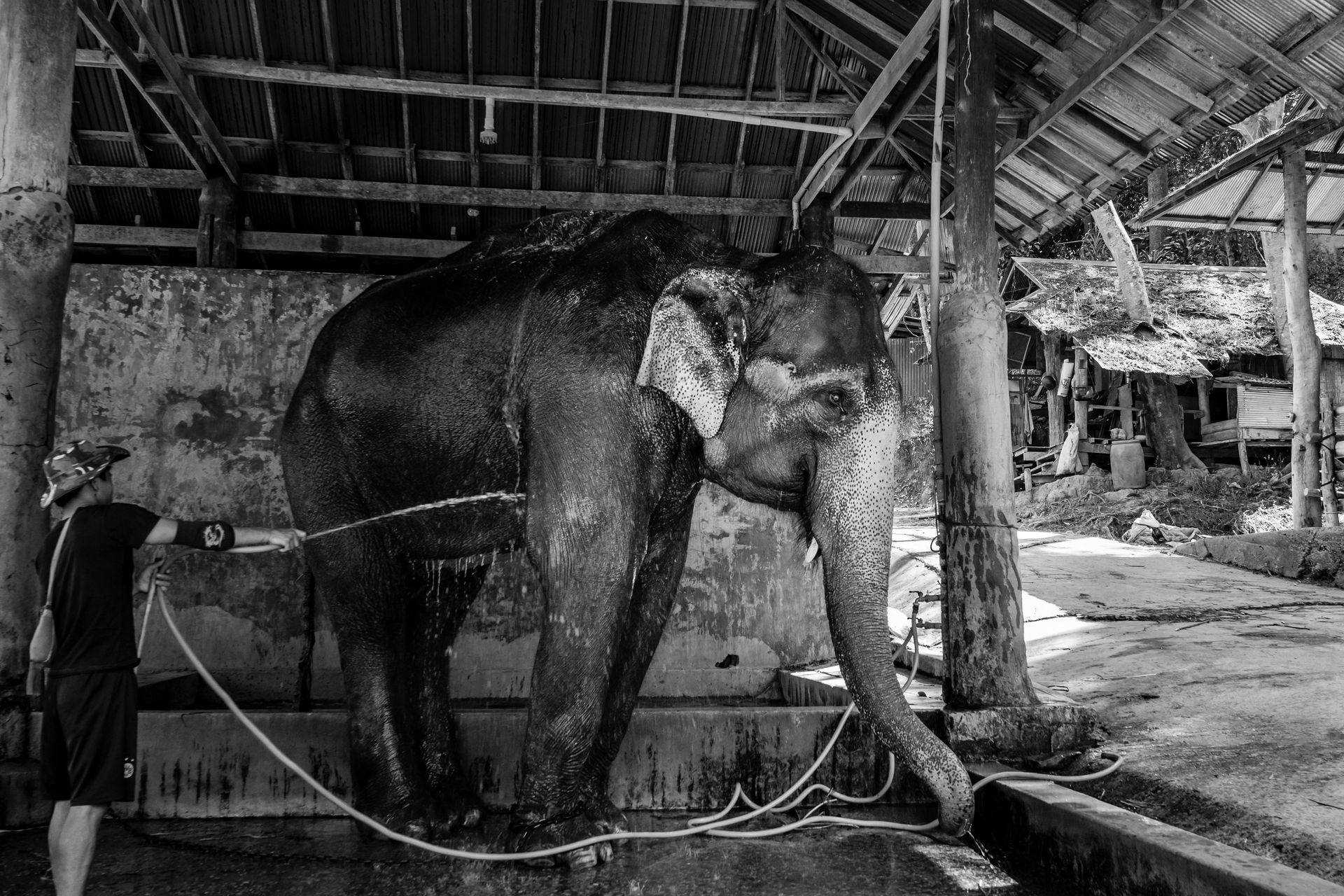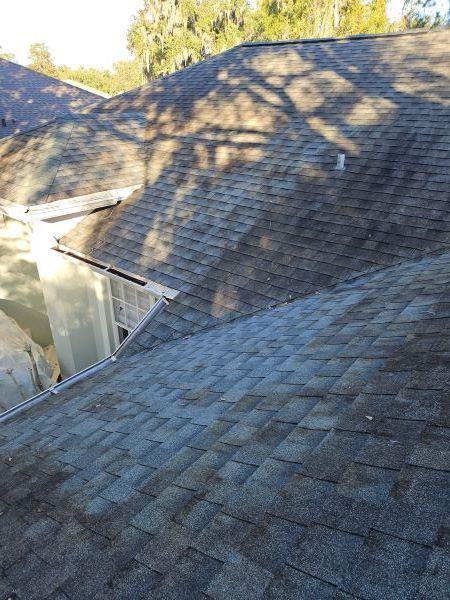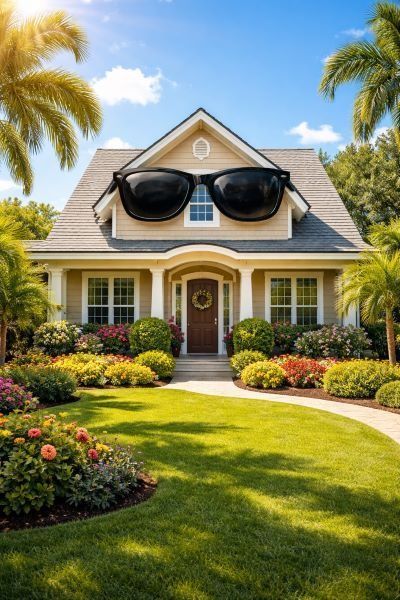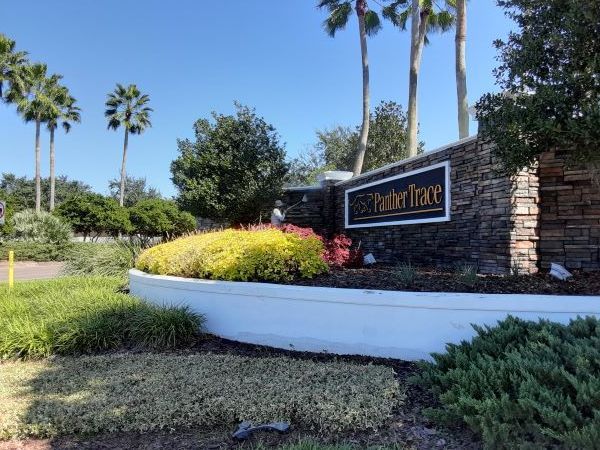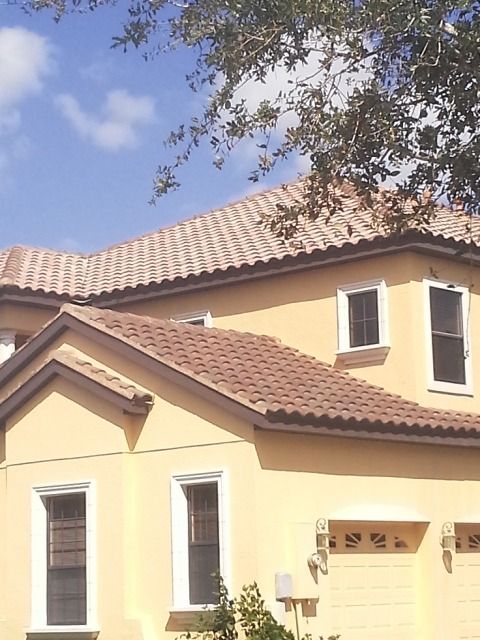Soft Wash vs Pressure Wash: Choosing the Best Cleaning Method for Your Riverview, FL Home
Living in Riverview, FL, means your home is constantly exposed to plenty of heat, humidity, and rain—prime conditions for mold, mildew, algae, and all kinds of stubborn grime. Keeping your property looking its best (and avoiding costly repairs down the road) requires the right approach to exterior cleaning. As someone who’s spent the last twelve years helping local homeowners with exactly these kinds of problems, I know firsthand that not all cleaning methods are created equal! Two of the most common—soft washing and pressure washing—sound similar, but the results, risks, and best uses are very different. Let's break down the differences, real risks, and practical recommendations based on years of experience in neighborhoods just like yours.
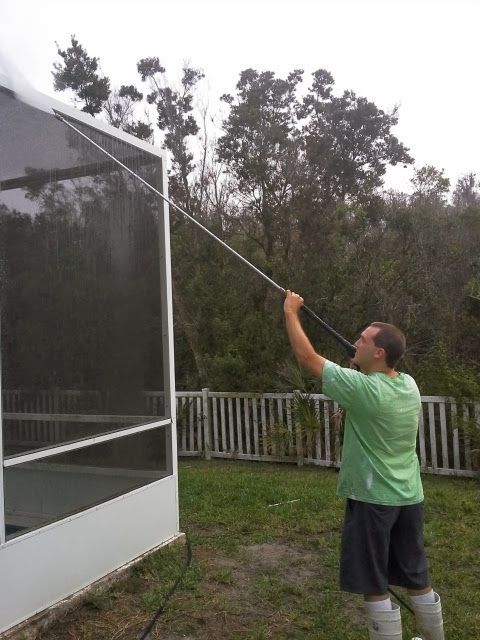
Understanding Pressure Washing and Soft Washing: What’s the Difference?
It helps to think of these two methods as tools in the same toolbox—each with a job they’re designed to do, and consequences for using the wrong one in the wrong places.
- Pressure Washing: Uses highly pressurized water (often between 1,500–4,000 PSI) to blast away dirt, grime, and growth from tough surfaces. Great for concrete, pavers, brick patios, driveways—anything that can stand up to the force.
- Soft Washing: Uses a gentle stream (usually under 500 PSI) combined with specialized cleaning solutions to safely remove organic growth, like mold, mildew, and algae. Perfect for roofs, siding, pool cages, screens, and delicate wood or vinyl.
Why It Matters: Florida’s Unique Environment
Here in Riverview, our climate makes exterior maintenance a constant battle. Whether it’s black streaks on your shingles, green stains on the north side of the house, or slippery mold on your walkway, the wrong approach can end up causing permanent damage, voiding warranties, or just leading to frustration and wasted money.
- High humidity and warmth: Accelerate mold and algae growth, especially on roofs and siding.
- Pollen and dust: Settle on pool cages and lanais, fueling rapid buildup.
- Delicate paints and finishes: Older homes, painted surfaces, and some new construction materials can’t handle the force of traditional pressure washing.
When to Use Soft Washing in Riverview, FL
Let’s get specific. Over the years, we’ve learned there’s absolutely no substitute for soft washing on:
- Roofs (shingle, tile, metal, or slate): Black streaks? That’s Gleocapsa magma—an algae that literally eats your roofing material. Do not use high pressure on a roof! Shingles and tile can lose up to 50% of their service life from improper cleaning. Soft washing kills the algae at its “roots” without damaging the surface or voiding your roof warranty. It’s also the only method recommended by most roofing manufacturers.
- Painted Siding and Stucco: Floridian homes are often covered in delicate stucco or aging paint. Pressure washing risks cracking, chipping, or water intrusion. Soft wash formulas loosen mold, mildew, and grime so low pressure can rinse them away without a trace.
- Pool Cages, Enclosures and Screens: Standard pressure will shred screens, strip paint from aluminum, and create costly repairs. Soft washing—especially with a safe cleaning solution—breaks down stubborn green, brown, and black build-up.
- White PVC Fencing: Mildew, lichen, and algae cling to white or light-colored fencing. Soft washing keeps these features looking sharp without etching or scarring the finish.
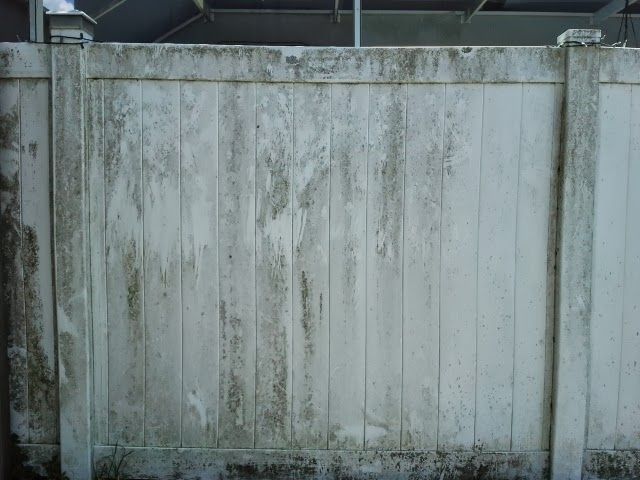
When Traditional Pressure Washing Makes Sense
There’s a reason we keep a powerful surface cleaner on our truck: certain jobs demand muscle. Here’s when to reach for the high-pressure hose:
- Concrete Driveways & Walkways: After a wet spring, the black “tiger stripes” and slippery, green patches can turn your driveway into a hazard. High-pressure washing, paired with the right surface cleaner, flushes organic matter from concrete’s pores. We always follow up with a mild chemical treatment to keep it cleaner for longer.
- Paver Patios & Stonework: Stubborn stains, moss, or deeply embedded soil? We use pressure washing carefully to avoid shifting paver sand or damaging grout while restoring original color.
- Prepping Surfaces for New Paint: For peeling paint on block or chipped surfaces, controlled high pressure strips away debris and ensures new finishes will stick.
How Do You Choose? Questions We Ask Every Homeowner
Experience has taught us (and our customers) that picking the right tool isn’t about price—it’s about long-term value. Here’s what we consider on every job:
- What’s the surface material? (Is it concrete, shingle, metal, stucco, vinyl…?)
- How old is the paint or finish? Older paint can be destroyed by too much pressure.
- What type of build-up are we tackling? Mold, algae, dirt, or oxidation?
- Are there warranties or maintenance requirements from an HOA? Improper cleaning can void these agreements.
- Previous cleaning history? Some surfaces have already lost protective coatings to misuse.
The Risks of Using the Wrong Method
- Ripping screens or damaging roof shingles.
- Water intrusion behind siding, stucco or under flashing.
- Pitting or streaking of concrete and painted surfaces.
- Buildup returning in just weeks (instead of years) if only water is used.
- Unwanted surprises from HOA or insurance claims.
How We Do It: The Riverview Pressure Cleaning Way
We believe in a simple, science-backed two-step approach:
- Assess and Educate – We treat each property as unique and take the time to walk you through the proposed treatment plan, explaining the risks and long-term benefits.
- Choose the Right Solution – Our trucks carry both the latest in surface cleaning equipment (for driveways, curbs, and pavers) and the gear and solutions for no-pressure or soft washing (for roofs, siding, lanais, pool cages, and delicate fencing). We use gentle but effective, biodegradable cleaning solutions where appropriate, always rinsing thoroughly to leave behind only clean surfaces and peace of mind.
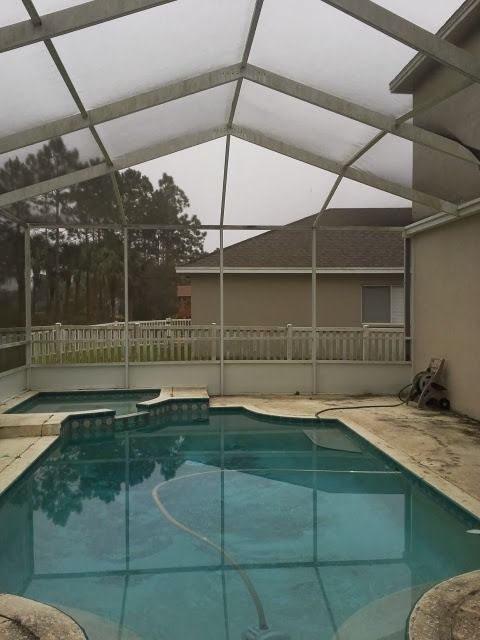
FAQs From Homeowners
- How often should I soft wash or pressure wash?
Roofs: Typically every 3–5 years (sometimes more often under big oaks or pines). Siding and pool cages: Annually or as needed. Driveways and walkways: Most need a yearly refresh for safety and curb appeal. - Will soft washing damage my landscaping or lawn?
We protect landscaping with strategic rinsing before, during, and after the cleaning process. Solutions are selected for effectiveness but environmental responsibility as well. - Is soft washing safe for my pets and kids?
Yes. We use eco-friendly, low-residue agents and rinse thoroughly to ensure your outdoor living spaces remain family-friendly.
The True Cost of Getting It Wrong
Sure, trying to save a few dollars with DIY or the "cheapest in town" contractor is tempting. But as we've seen over twelve years: improper use of high pressure can turn a $250 cleaning into a $5,000 roof repair, or worse. Surfaces with deep mold contamination may require re-painting or even remediation if the wrong method is used. Trust your property to an operator who understands what works for Florida homes. It's not about taking the path of least resistance—it's about taking the path of least regret.
Why Locals Choose Riverview Pressure Cleaning
There’s no substitute for local experience. Every enclosure, roof, or walkway is a new challenge—but after thousands of projects, we know the neighborhood quirks (from shaded valrico bungalows to windblown Apollo Beach pool decks). We guarantee our work, show up on time, and always put your needs (and property) first. If you—or your next-door neighbor—are considering a professional cleaning, be sure to reach out for a free quote and honest assessment from Riverview Pressure Cleaning.
Ready to see the difference a customized, experience-backed approach makes? Let’s bring out your home’s best with the right wash—soft or strong.
Share:
